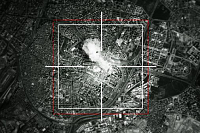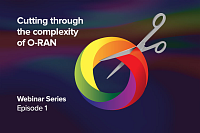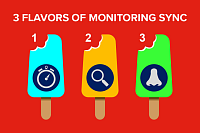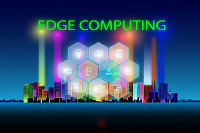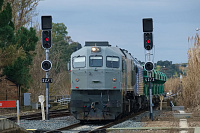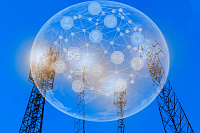OK, I know what you’re thinking. The title. Have I been reading too much Jane Austen? No, that’s not my scene! So what’s it all about?
Well, over the last few months I’ve read plenty of articles all about network slicing, and how it’s going to revolutionise 5G, and in turn, our lives. 5G, in case you’ve been on another planet for the last year or two, is the solution to all our problems. Even Donald Trump has been commenting on it, and asking why America’s carriers haven’t deployed it yet.
The ambition for 5G is that it will be a ubiquitous wireless network to connect the world. This includes bridging the digital divide by providing affordable, sustainable communications, providing new forms of education and e-learning, promoting energy efficiency by supporting smart cities and smart transport, enabling content sharing and user-centric communications, promoting social changes through shared opinions and information. This is not my list, this was set down by the ITU as some of the ambitions for the 5G network in a forward looking document back in 2015 (ITU-R M.2083-0).
Some of these are hype, while some – especially the social changes with the current concerns over the misuse of social media – have increasingly been shown to have mixed blessings since that report was published. But underpinning the whole set of ideas is that fact that the 5G network has many disparate and sometimes conflicting expectations placed upon it.
At least to start with, 5G comes down to three main use cases:
- Enhanced mobile broadband – getting bits to the user as fast as possible, in as many places as possible.
- Massive machine-to-machine communications – sometimes known as the internet-of-things.
- Ultra-reliable and low latency communications – required for services such as automotive, industrial control, factory automation.
These different services have different requirements from the network. This is where network slicing comes in: the hypothesis is that network slicing will allow operators to create virtual networks, each with different performance parameters and constraints, to deliver all these services simultaneously over the same physical network.
So what’s new? Virtual networking is not a new concept, it’s been around for 20 years or so now. Differentiated services is also not a new concept – the first description of the “Diffserv” protocol (RFC 2474) was published in 1998. What’s new is the scale at which this is being implemented, and the increasing use of virtualisation in the network. The goal for network slicing is not just to differentiate by traffic type, but by customer or source as well. This will enable different users to get different performance, enabling slices to be created for critical infrastructure, or medical services, emergency services, data centres, logistics, MVNOs. Virtualisation is driving the innovation in this field, providing operators with the ability to orchestrate and instantiate new services and slices more quickly and easily than before.
I presented a talk on this at the recent WSTS conference in San Jose, and someone from one of the major American carriers approached me afterwards to say “Thank you, that neatly illustrated why we’ve been pushing the use of virtualisation for the last few years.”
There are many technical approaches to how network slices are created, and I’m not a network engineering expert so I’m not going to try to pretend I can explain it. If that’s what you want, there are plenty of papers out there where people do pretend they can explain it, but can’t! Suffice to say, the promise is there, but the technology is still being developed. It will be fascinating to see if the hypothesis is proved over the next few years.
Tim Frost
Strategic Technology Manager




